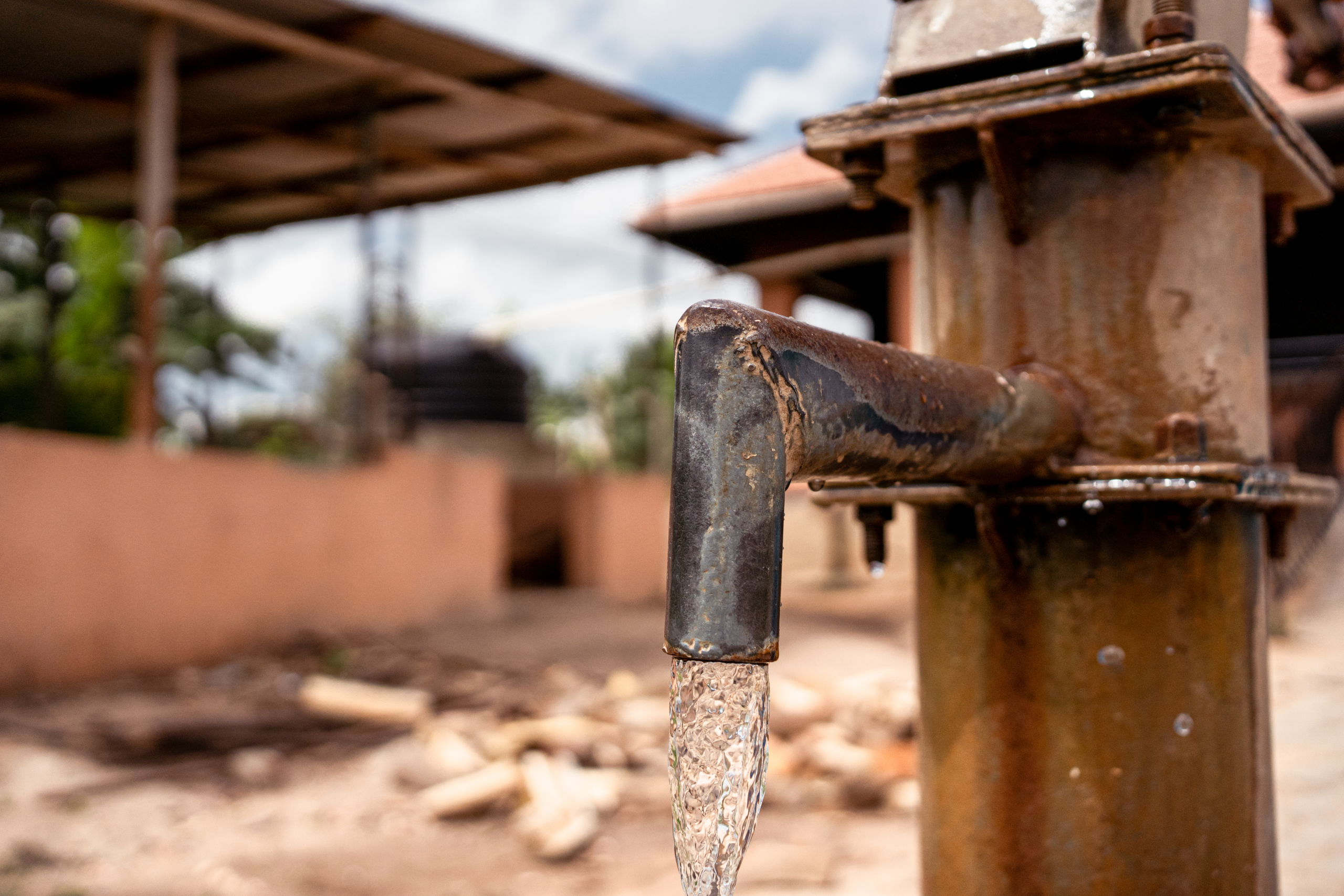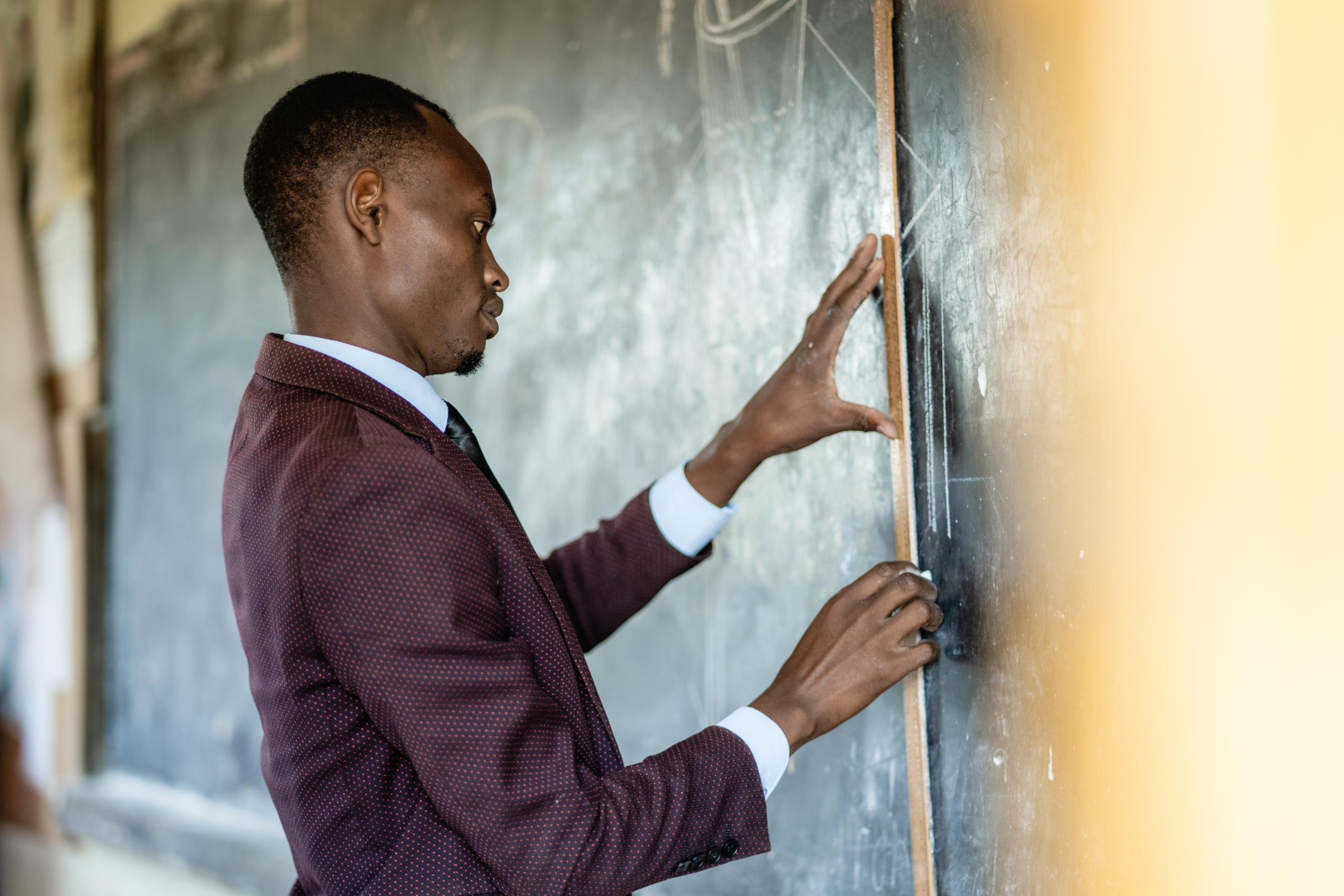Having readily available clean water for drinking and hygiene is essential for the health and well-being of people in any community. But whereas residents of wealthy nations typically have only to turn on a tap to use this resource, there are major challenges around the lack of clean water in Africa in sub-Saharan countries like Uganda. Many Ugandan schools and villages do not have convenient access to clean water, which causes disease, stunted growth, disrupted education, and reduced economic productivity.
As of 2020, 51% of Ugandans lived without access to safe drinking water, and a further 32% had only limited access (such as from a water source 30 minutes or more away from the home). This is part of a water and sanitation crisis that has serious health consequences for adults, but even more severe implications for children. Here are some of the impacts that the lack of clean water access has on Ugandan children:
- Waterborne illnesses. Waterborne illnesses like cholera, typhoid fever, and dysentery are leading causes of death in children under the age of 5 in Uganda. They result from communities’ reliance on unsafe surface water from streams, ponds, and homemade wells. These water sources are contaminated not only by natural freshwater bacteria, but by the fact that 64% of Ugandans don’t have hygienic toilets or water sanitation, meaning that rainwater washes unfiltered human waste into surface water sources.
- Reduced economic productivity. Individuals and communities are often forced to spend a significant amount of time and resources on collecting water, which can lead to missed work and lost income. This constrains families’ ability to provide for their children, including the school fees, uniforms, and supplies children need to attend school. This leaves many children unable to complete essential primary or secondary school education.
- Absenteeism in schools. Water insecurity often leads to depression in caregivers, obligating children to spend excessive time fetching water rather than attending school. The lack of sanitary facilities on school property routinely forces adolescent girls to stay home. Female students are also asked to fetch water more often than males at school, although collecting water detracts from the learning process in both genders. Time spent being sick with waterborne illnesses also results in further absences from school.
Non-government organizations (NGOs), nonprofits, and the Ugandan government are working to improve clean water access in schools and villages. These efforts include building wells, boreholes, and rainwater harvesting systems, as well as providing education on proper sanitation and hygiene practices. You can change the lives of countless Ugandans by supporting charitable organizations that work to improve health outcomes for children.
Improve Health Outcomes for Ugandan Children With Simone’s Kids
Simone’s Kids in Nakaseke, Uganda provides high-quality primary and secondary education and meets basic needs—including access to clean water—for children in order to help them break the cycle of poverty. Your donations help purchase school supplies, textbooks, food, and other necessities for Ugandan students.
Currently, Simone’s Kids is looking to replace a bore hole at our primary school and place a new one at our high school, so the girl’s dormitory may get water up to the second floor. If you would like to donate to this specific need – click here to learn more!
You can maximize your impact with recurring donations to Simone’s Kids by joining The Village. The Village is a passionate group of donors committed to bettering the lives of children in Uganda by making monthly donations that help to provide better meals, more teachers, more activities, and even post-graduation services. Give today!



Leave a Reply
Want to join the discussion?Feel free to contribute!